Keyword clustering is an often underrated but highly effective way to acquire more organic traffic. By grouping together similar keywords, you can maximize the number of keywords your content can rank for, making it more likely to appear as a top result in search engines.
As search engine algorithms continue to evolve and become more sophisticated, so too does the need for marketers to employ keyword research methods that will improve their website’s ranking.
One of the most effective keyword research methods is keyword clustering, which helps you find related keywords by grouping them together.
In this guide, I’ll share with you our process for keyword grouping so you can do it yourself and get the most out of your content.
What Are Keyword Clusters?

A cluster is a group of related keywords focused around a core keyword. This type of structure allows you to target multiple search terms in the same piece of content, which in turn creates an interlinked body of content for your business-related topics. This is an effective way to build out your site’s content and improve your SEO.
When it comes to search engine optimization (SEO), keyword clustering is a powerful tool that can help improve your results. keyword clustering is the process of grouping related keywords together to improve the efficiency of your SEO efforts.
By identifying related terms, you’ll be able to better focus your marketing efforts and increase traffic to your website. As you generate your keyword list, keep in mind the importance of relevance and search intent.
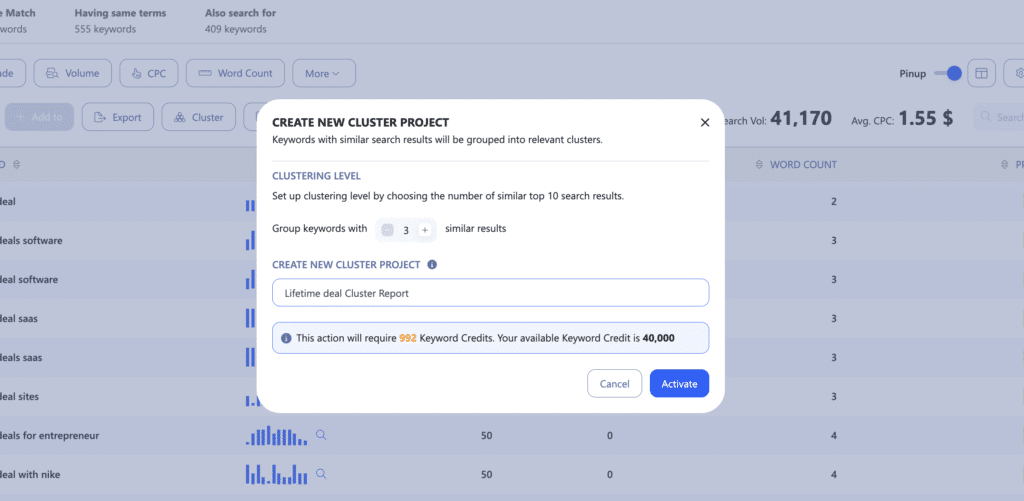
Or get started, try using the Google AdWords Keyword Tool for free before investing in paid advertising options.
What are the benefits of keyword clustering?
Keyword clustering is a great way of improving your website’s organic search engine ranking and traffic.
This process groups related keywords together so that they are easier to find and rank for. Additionally, it helps you improve the relevance of your content by increasing the chances of it being found by searchers.

👉 Try WriterZen Best Keyword Research
Overall, this strategy has many positive effects on both your search engine ranking and web traffic volume
How To Create Keyword & Topic Clusters
Creating keyword & topic clusters is a crucial part of effective SEO. It can help you rank higher in organic search results and attract more visitors from across the web. To get started, first identify your target keywords and topics.
Next, use the keyword clustering method to group keywords and topics together based on their relevance to your website or blog. This will help you find long-tail keywords and topics that are related to your content.
There are also keyword grouping tools like Scalenut, WriterZen that automate the process. They can segment your keywords into clusters for you.
For example, if you have a blog with the keywords “content marketing”, “great content marketing”, and “consumer content marketing” in it, you are using multiple different keywords in your strategy, but they all relate to the same search intention of someone looking for “content marketing“.
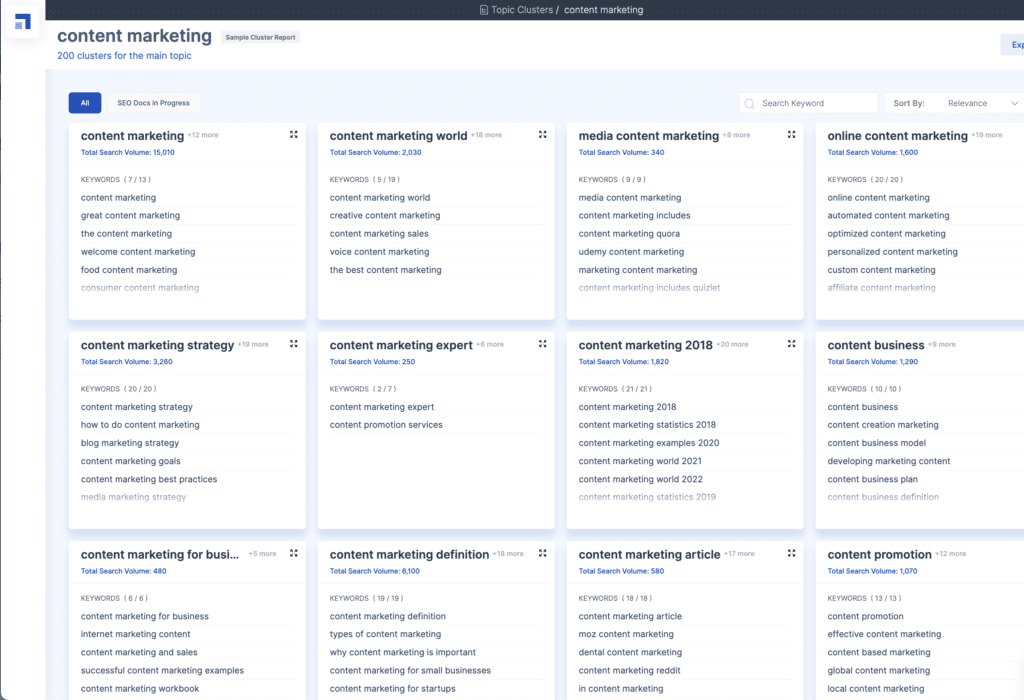
Finally, use those keywords and topics in your content for a more targeted search engine optimization (SEO) campaign.
By doing this, you’ll boost your ranking, increase traffic and build a stronger relationship with your audience.
The importance of topic clusters
Topic clusters are an essential tool for search engine optimization (SEO). They allow you to group related keywords together and research which ones are most ranking in the search engines. This will then make keyword research easier as you will know what terms to target “Lifetime Deal”, with 19 sub keyword related.
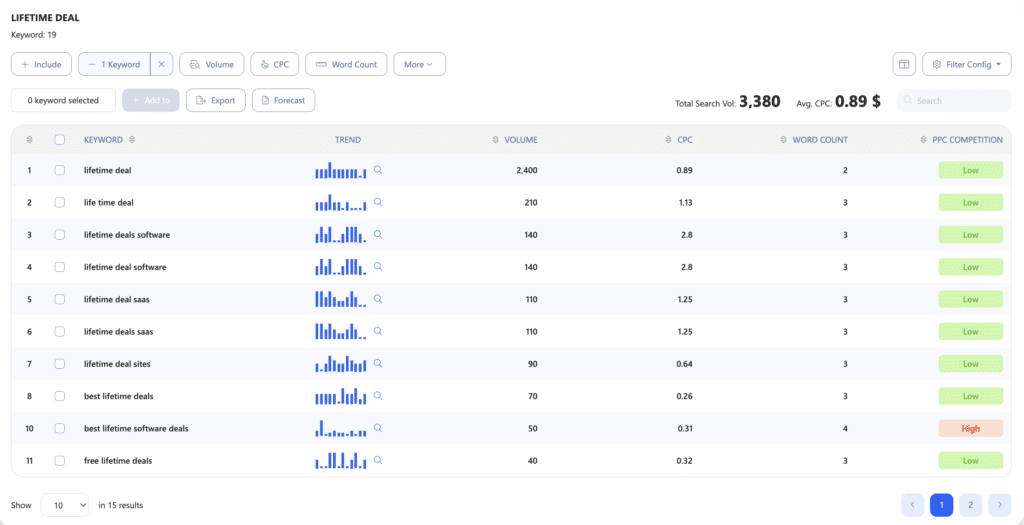
In addition, content that is optimized for the keywords within a topic cluster will be more likely to rank higher in search engine results pages (SERPs).
As a result, your website’s SEO will improve dramatically!
Step 1: Make Your Keyword List
If you’re looking to rank higher in search engine results, keyword clustering is the method for you. This simple technique helps you organize your keywords by grouping them together in related clusters.
This makes it easier for your search engine algorithm to find the keywords and rank your page higher in search results.
To do this, start by compiling a list of keywords related to your topic e.g (Weight Loss).
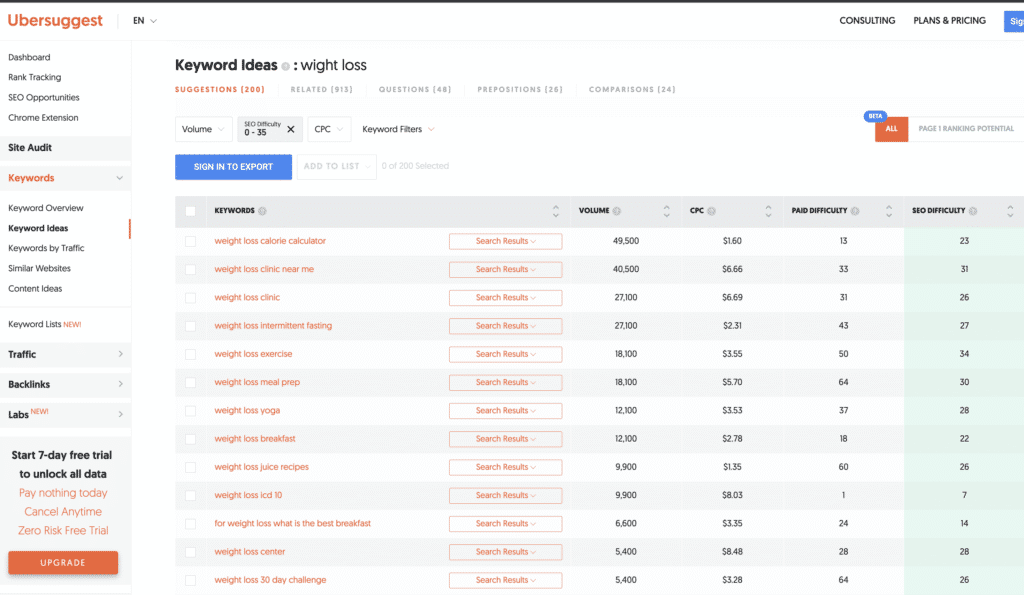
After you have a comprehensive list, use the keyword clustering method to help group them together.
This will help you find keywords that are related to your topic and target them more effectively in your SEO efforts.
How to find relevant keywords
Once you have a list of keywords that are related to your business, it is time to figure out how you will cluster them together.
There are various methods available, such as keyword research and search engine optimization (SEO).
Make sure the chosen strategy gives you accurate results for your business and start by compiling a list of keywords that fit these criteria. Once this is done, it’s time to get started with SEO-ing!
Step 2: Segment Your Keywords Into Groups
When it comes to SEO, keyword research is essential. However, keyword research can be time-consuming and difficult. That’s where keyword clustering comes in.

It’s a keyword research method that helps you group your keywords into groups, making it easier to identify the best keywords for your website.
After you have grouped your keywords, use a keyword clustering method like the keyword density algorithm to help determine which ones are most relevant and valuable.
Next, use those valuable keywords in your content marketing strategy to improve SEO results.
A Closer Look At Two Keyword Clusters
When it comes to keyword clustering, there are two main types- topical and vertical. By grouping your keywords into these clusters, you can improve your SEO results dramatically.
Topical keywords are related to the topic of your website or blog post, for example “blogging,” “business,” “marketing.” Vertical keywords are related to a specific category or market that you’re targeting, for example “auto repairs,” “home decor.”
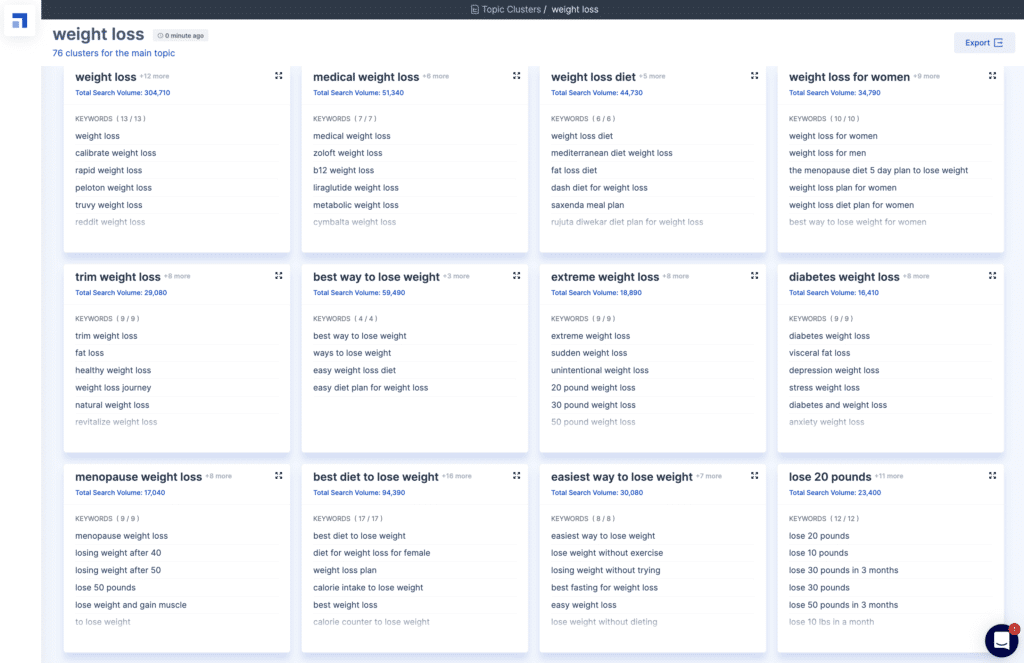
👉 Try Scalenut AI Writer & SEO Content Optimize
By clustering your keywords in this way, you’re making sure that they appear more frequently on search engine results pages (SERPs).
This will boost organic traffic and ultimately lead to better conversion rates- which is why it’s essential to get started early!
Step 3: Create & Optimize Pillar Pages For Your Keyword Clusters
SEO is all about ranking high on search engines, and keyword clustering is one of the most effective methods for achieving this. pillar pages are pages that act as hubs for all the content related to a keyword cluster.
This includes a rich description, high-quality images, and keywords that are relevant to the topic of the page.
Once you have created pillar pages for your keyword clusters, it’s time to optimize them for higher search engine ranking and increased traffic from potential customers.
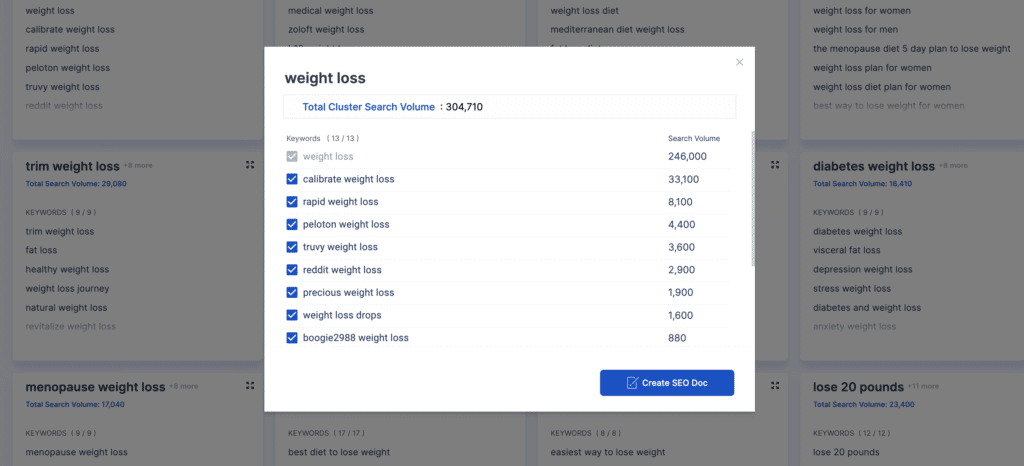
Start by including a rich description, high-quality images, and keywords throughout the page. You can also optimize these pages for higher search engine ranking and increased traffic by using keyword research to determine the best keywords to include.
What is a Pillar Page?
A pillar page is a page on your website that is specifically designed to rank in the search engines for keywords related to your niche. By ranking higher for these targeted keywords, you can increase traffic and convert more visitors into customers.
To get the most out of pillar pages, make sure all content on them (title tags, keyword clustering etc.) are keyword-rich and optimized properly so as to draw attention from searchers looking for information related to those keywords.
Additionally, make sure you titling it correctly – using phraseology such as ‘How To’, ‘The Truth About’ or something similar will help searchers find and click through faster.
How to Create a Pillar Page for Your Keyword Clusters
Creating a pillar page is an important step in keyword research. It’s the perfect place to organize all of your findings and give them the exposure they need so that you can make the most out of them. To create a pillar page, first make sure to title it well and design it with keyword-rich content in mind.
Then, publish it on your website and make sure to include links to related pages throughout the site. Additionally, consider featuring this page prominently when conducting keyword research – search engines love fresh organic content!
What’s the Best Method to Optimize Pillar Pages?
When optimizing pillar pages for SEO, it is important to make sure that the meta data is correct, keyword research has been done, links are added from other related content pages and keywords have been selected correctly.
To get the most out of your Pillar Pages optimization campaign, use a tool like The Moz Page Analyzer which will help you identify opportunities for ranking higher in Google search results for your targeted keywords.
Step 4: Reinforce Your Keyword Clusters With Blog Content
Keyword clustering is a powerful SEO tool that can help you rank higher in search engine results for your target keywords.

By grouping related keywords together, you can create more opportunities for your content to be found and clicked on by search engines.
Step 1 is to identify your target keywords and research related keywords.
Step 2 is to group related keywords together and research the best keywords to include in your cluster.
Step 3 is to write blog content that is focused on each of your keyword clusters and optimized for search engine visibility.
And lastly, make sure all of your articles are well-written and optimized for search engine visibility. With a little bit of effort and research, you can improve your SEO results and achieve your business goals!
Draft blog content that targets your chosen keywords
When it comes to content marketing, keyword research is essential. Not only will this help you target your chosen keywords better, but it will also make sure that the blog posts you write are of relevance and helpful value to your audience.
Make use of keyword rich titles, tags and other metadata when placing content online so that search engines can easily identify and rank it higher for related queries.
Write engaging blog posts that discuss topics related to your niche in a clear and concise manner- people love information that’s useful!
Research your competition and identify their key keyword phrases
Having identified your target keywords and keyword phrases, the next step is to research your competition and identify their content marketing strategies.
You can do this by using search engine trends, analysing blog posts for keyword relevance and anchor text research.
Once you have a good understanding of what they are doing, it’s time to try and replicate it on your own site.
Make sure that all of your blog content focuses on one or more of the key keyword phrases you’ve identified – if not, you risk losing potential traffic in the long run.
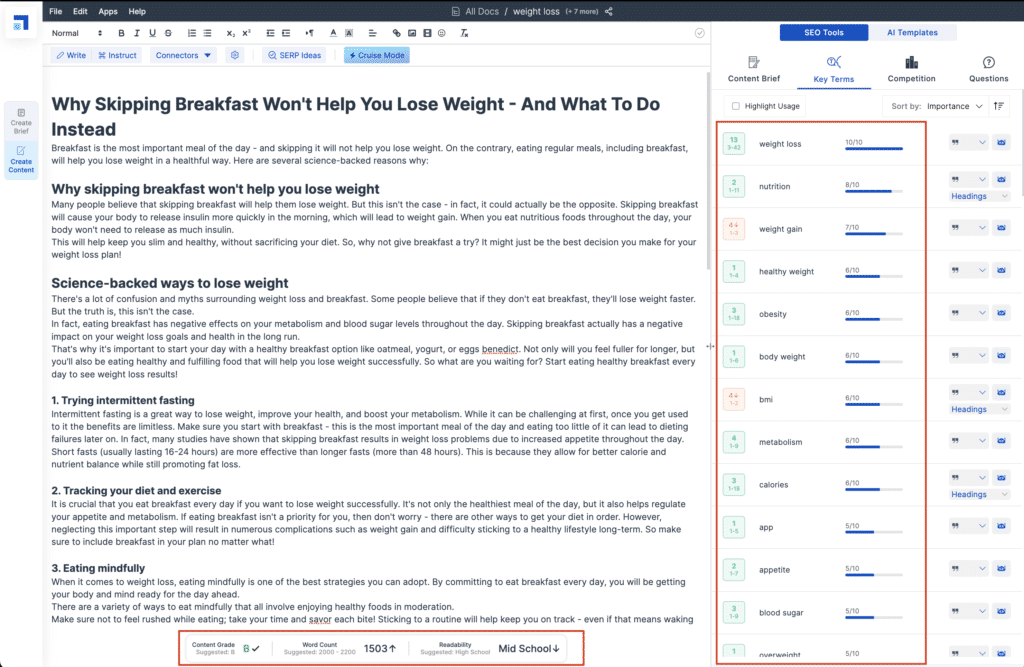
👉 Try Scalenut AI Writer & SEO Content Optimize
Monitor website ranking over time so that you can make necessary adjustments as needed!
Choose a Keyword you want to concentrate on
Before you even start writing, it is important to choose a keyword that you want your content to rank for. This keyword clustering method will help with the search engine optimization of your blog posts, making them more visible and easier to find by searchers.
Once you have chosen the target keyword, make sure all of your blog post titles and content are keyword-rich in order to boost traffic from search engines. And finally – don’t forget to enjoy writing! By doing so, not only will content marketing be fun but also successful.
Is Keyword Clustering Really Worth All of the Work?
A good SEO strategy starts with keyword research. That’s where keyword clustering comes in – a useful tool for optimizing your website for better search engine results. But is keyword clustering really worth all of the time and effort?
The answer is, It can be, but it would depend on how much work it takes you to do keyword clustering. Keyword clustering is basically taking a bunch of seed keywords and using various tools to produce related keywords. The tool then groups them.
But the new keyword groups may not always be related to your seed keywords, so you’ll need to make sure you’re focusing either on a smaller group of related keywords, or on larger group that is bigger than your original number of seed keywords.
Either way, the time it takes to do keyword clustering must be weighed against what you’ll get out of it.
However, it’s not always necessary – sometimes simpler methods work just as well.
So, before jumping into keyword clustering, make sure to research the different options available and consider the pros and cons of each.
Once you have a clear understanding of the benefits and drawbacks of keyword clustering, it’s time to put it to use!
The Pros and Cons of Keyword Clustering
When it comes to keyword clustering, there are pros and cons to consider. While the method can be effective in terms of finding high-quality keywords, it can also be time-consuming.
Additionally, overspending on SEO services is possible if too many clusters are created without proper testing first.
Generally speaking, a minimum of 10 terms per cluster is advised for optimum results.
However, it’s always best to test different strategies before making any final decisions – this way you’ll know what works best for your business and target audience.
How to Use Keyword Clustering for SEO Results
Keyword clustering is a popular tool used to improve website search engine ranking. By grouping related keywords together, it can make it easier for searchers to find your content.
To get the most out of keyword clustering, use Google’s keyword clustering tool – this will help you group keywords in the most effective way possible and speed up the process.
Additionally, make sure that you choose keywords that are relevant to your business and target audience. Lastly, if you want to improve site search engine ranking then using keyword clustering is one of the best ways forward!
🔥 5 Best Lifetime Deals For 4 2025
Lifetime deals are typically One-time purchases of software used for a lifetime. If you are looking for the best overall AI writing tool, copywriting, email, social media, and e-commerce.
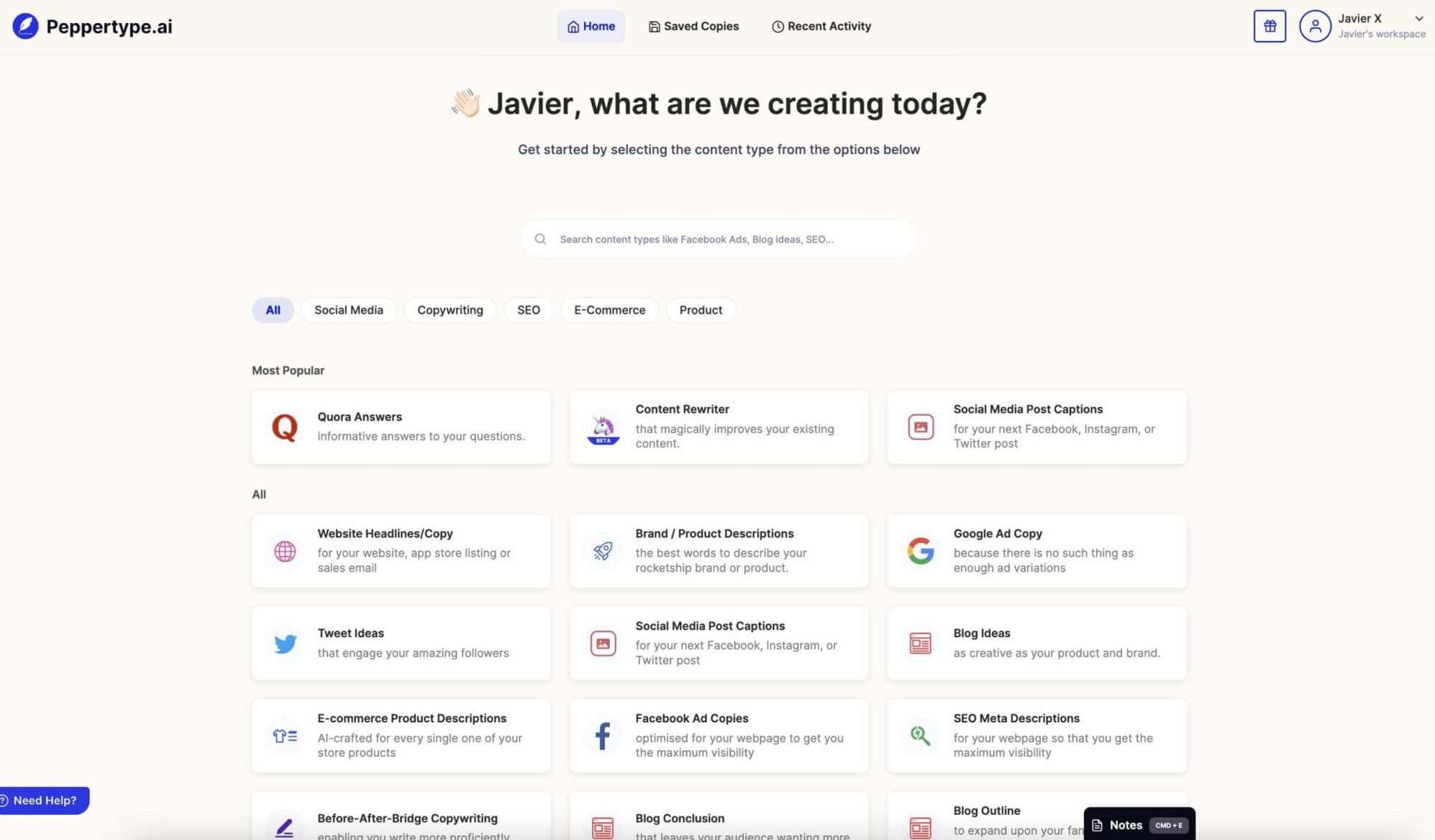
Pepertype Ai Ai Writer

NeuronWriter AI Writer
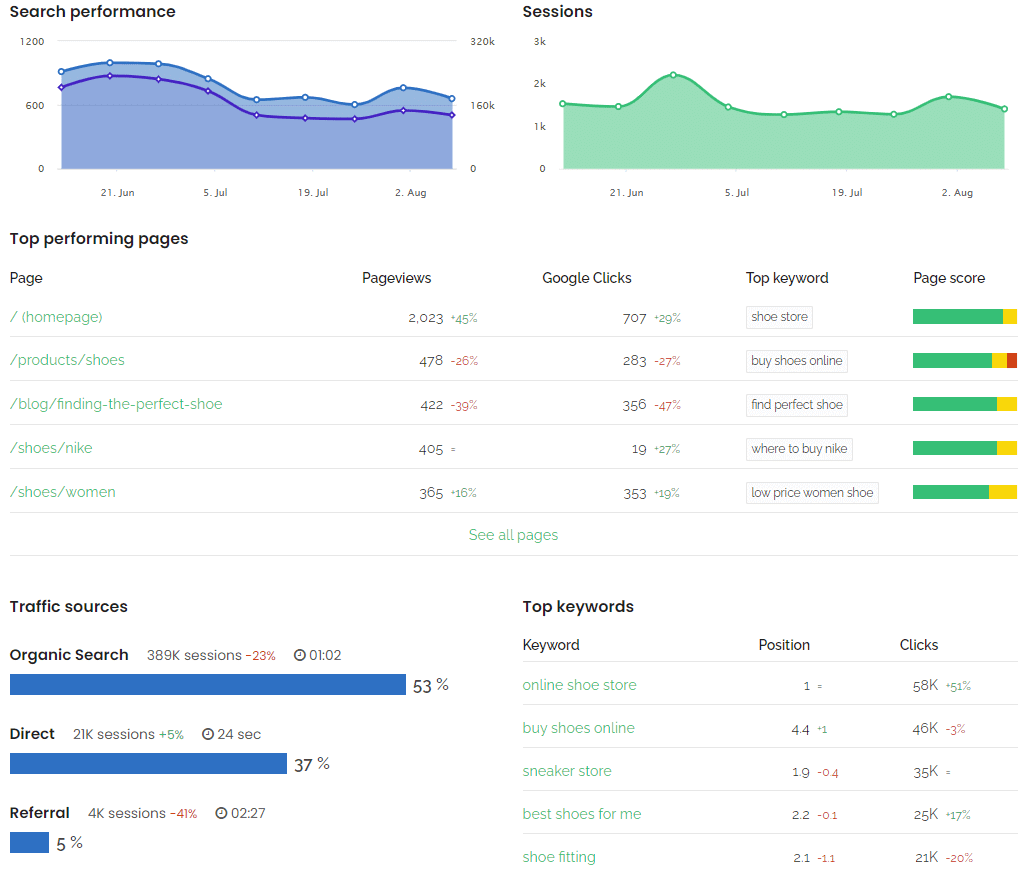
SiteGuru SEO
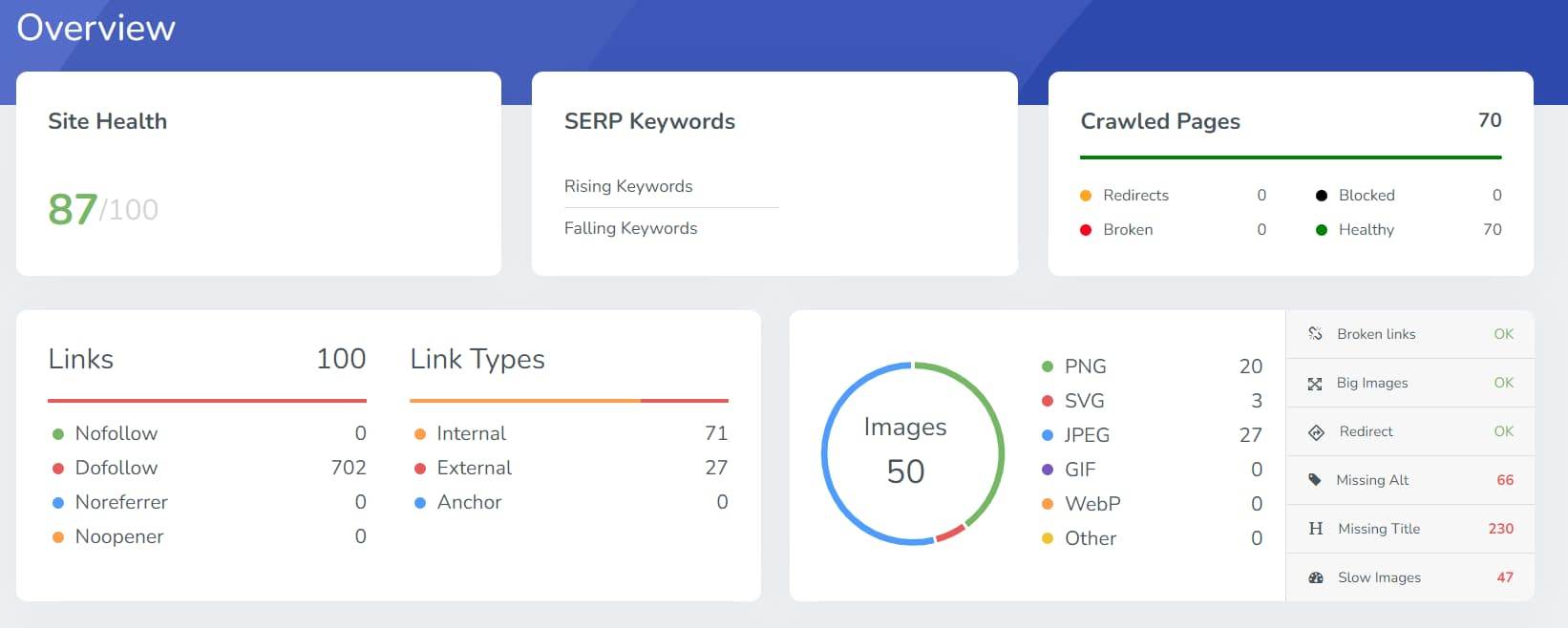
Screpy SEO

RADAAR Social Media
Frequently Asked Questions
What is the keyword clustering method?
The keyword clustering method is a way to find related keywords for your website and then rank them higher in search engine results pages (SERPs). Basically, you’ll use a free tool like Google AdWords Keyword Planner or WordStream’s Free SEO Tools to research the keywords related to your website topic.
From there, you can create keyword clusters (groups of related keywords) and rank them higher in search engine results pages. By ranking related keywords higher, you can better target your audience with relevant search terms. This method can help improve organic search engine traffic and lead conversion rates for your business, resulting in a better online presence.
Can I manually cluster my keywords without using a tool like Google Adwords Keyword Planner?
Yes, you can cluster your keywords using different methods without the need of a tool like Google Adwords Keyword Planner. For example, you can use semantic analysis and keyword research to find related keywords. Once you have the relevant keywords, add them to your H1, H2 and H3 tags for improved SEO results.
How do I use the keyword clustering method for better SEO results?
To use keyword clustering for better SEO results, you’ll first need to find high traffic terms. To do this, you can use various keyword research tools like Google AdWords Keyword Planner and SEMrush. Once you’ve found these keywords, Include them in your post title, meta data, body text, and images. You’ll start by grouping similar words together and research which ones have the highest search volume.
The keyword clustering method is one of the most effective ways to find relevant and targeted keywords for your blog post. By grouping related keywords together, you can narrow down the search results to those that are most likely to be of interest to your readers.
What are the benefits of using the keyword clustering method for SEO?
The keyword clustering method is a popular SEO technique that helps you focus on ranking higher for specific terms in search engine queries.
By grouping related keywords together, you can then rank higher for these terms in search engine results pages.
Additionally, this process helps to increase click through rates (CTRs) as users are more likely to visit websites that rank high for the keywords they are searching for.
By using the keyword clustering method, you will be able to identify which keywords are most relevant and important for your website. This information can then be used to further improve the relevance of your website’s content and improve your search engine ranking.
Conclusion
Keyword clustering is a powerful tool that can help you improve your search engine ranking. By grouping related keywords together, you can create keyword clusters that are more likely to be found by search engine spiders. However, make sure to consider the long-term benefits of keyword clustering before investing time and effort into this strategy.
Overall, keyword clustering is an effective way to boost your SEO results, but it’s important to remember the importance of keyword research before starting any keyword clustering project. Thanks for reading!

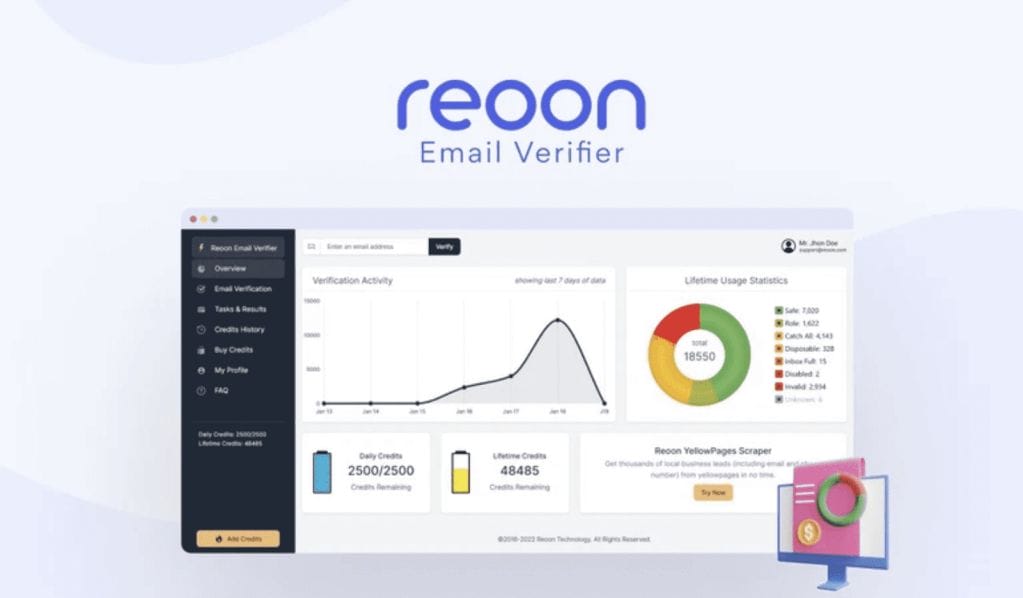

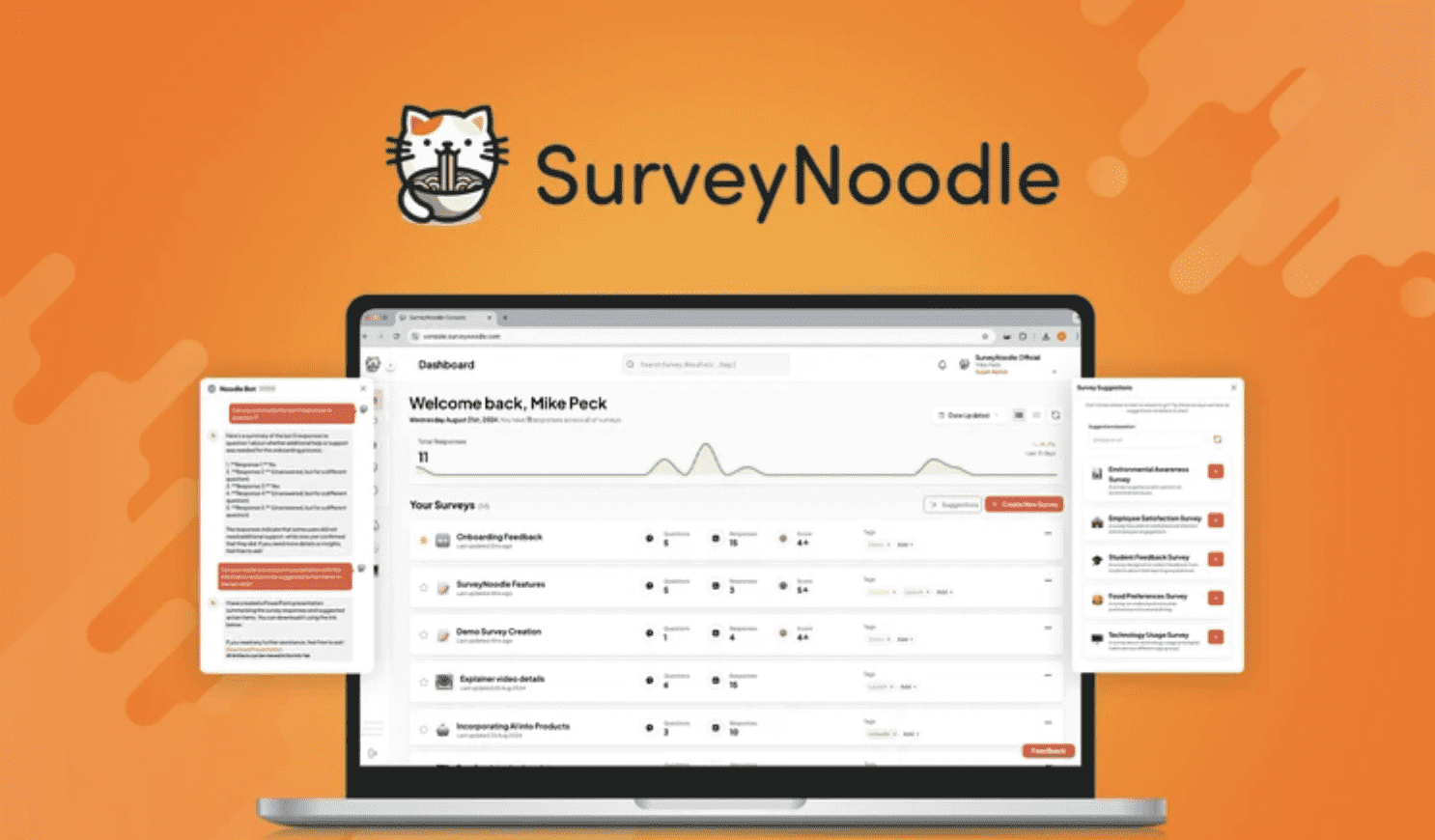



![SaaS Lifetime Deals: Which Platform & Are They Worth the Investment [In 2025]? AppSumo Saas Lifetime deals](https://eebfoenrqrf.exactdn.com/wp-content/uploads/2023/08/AppSumo-Saas-Lifetime-deals-450x261.png?lossy=1&ssl=1)

![Best SaaS Sales | Everything You Need to Know in 2025 Best SaaS Sales in [current_year].](https://eebfoenrqrf.exactdn.com/wp-content/uploads/2022/12/SAAS-SALES-450x253.png?lossy=1&ssl=1)